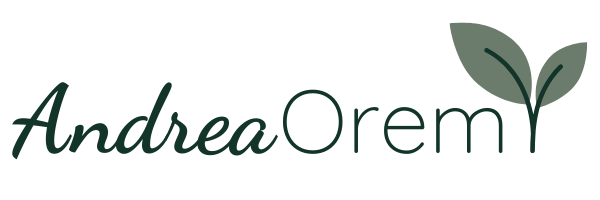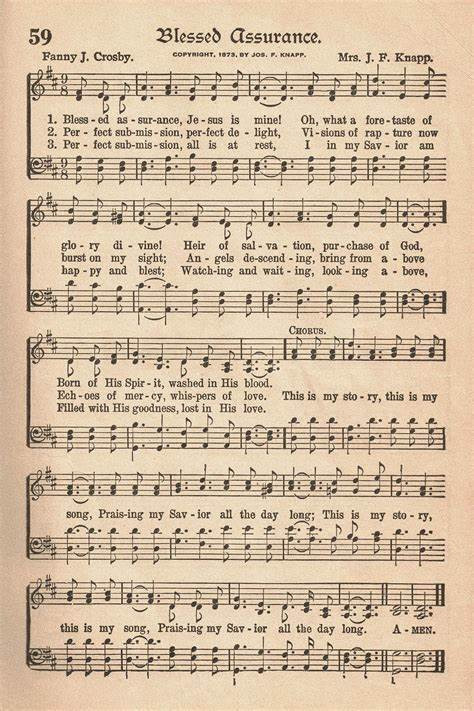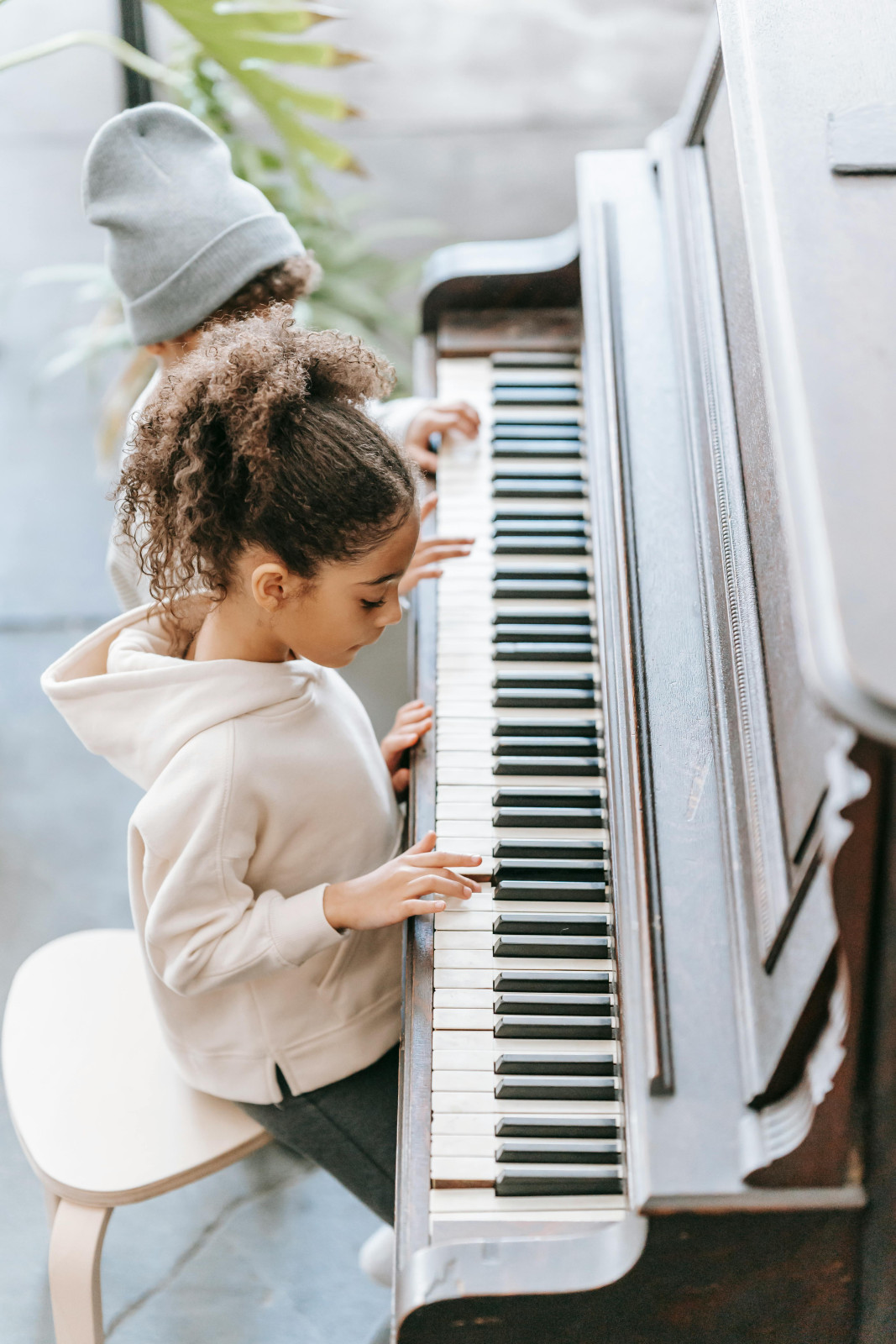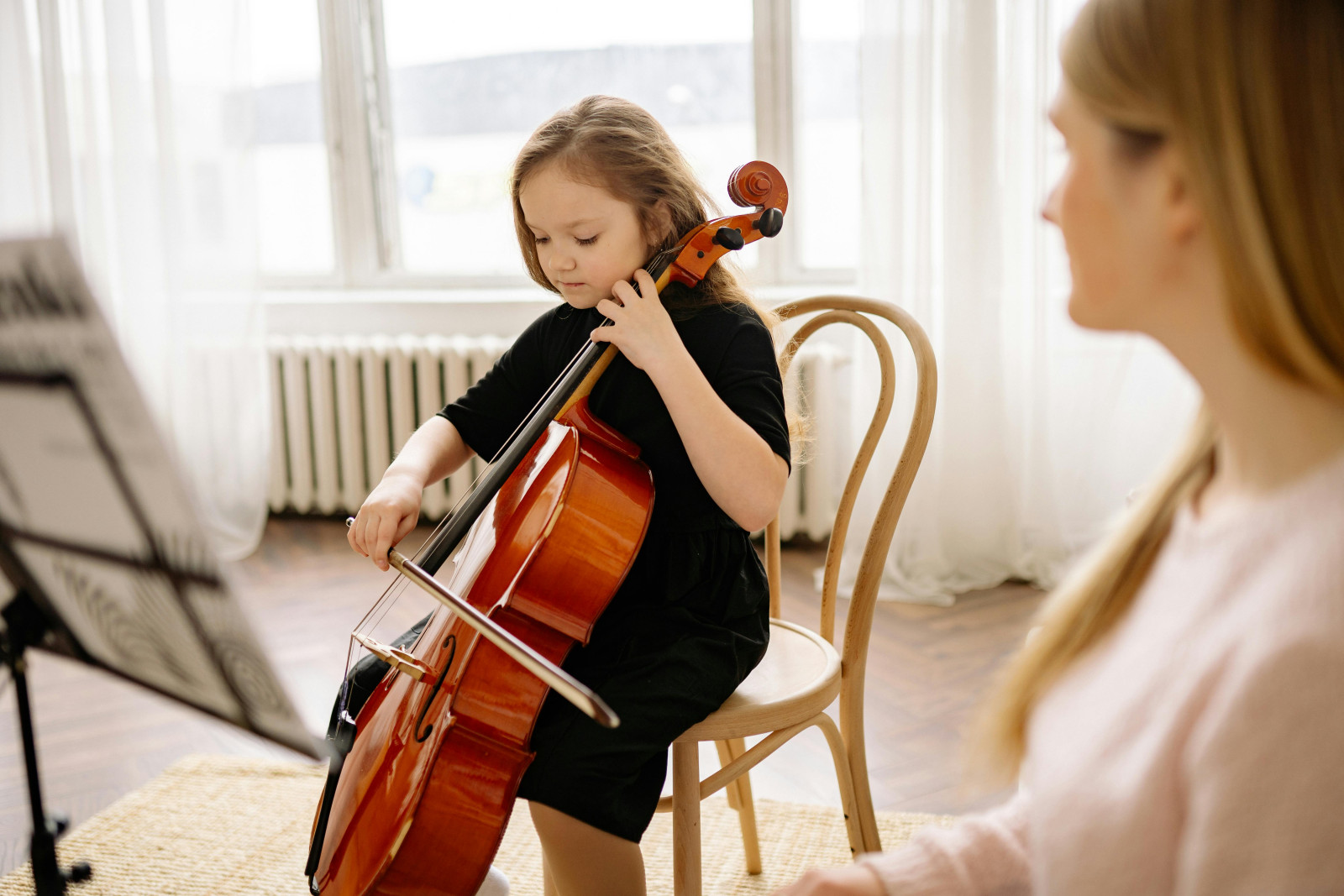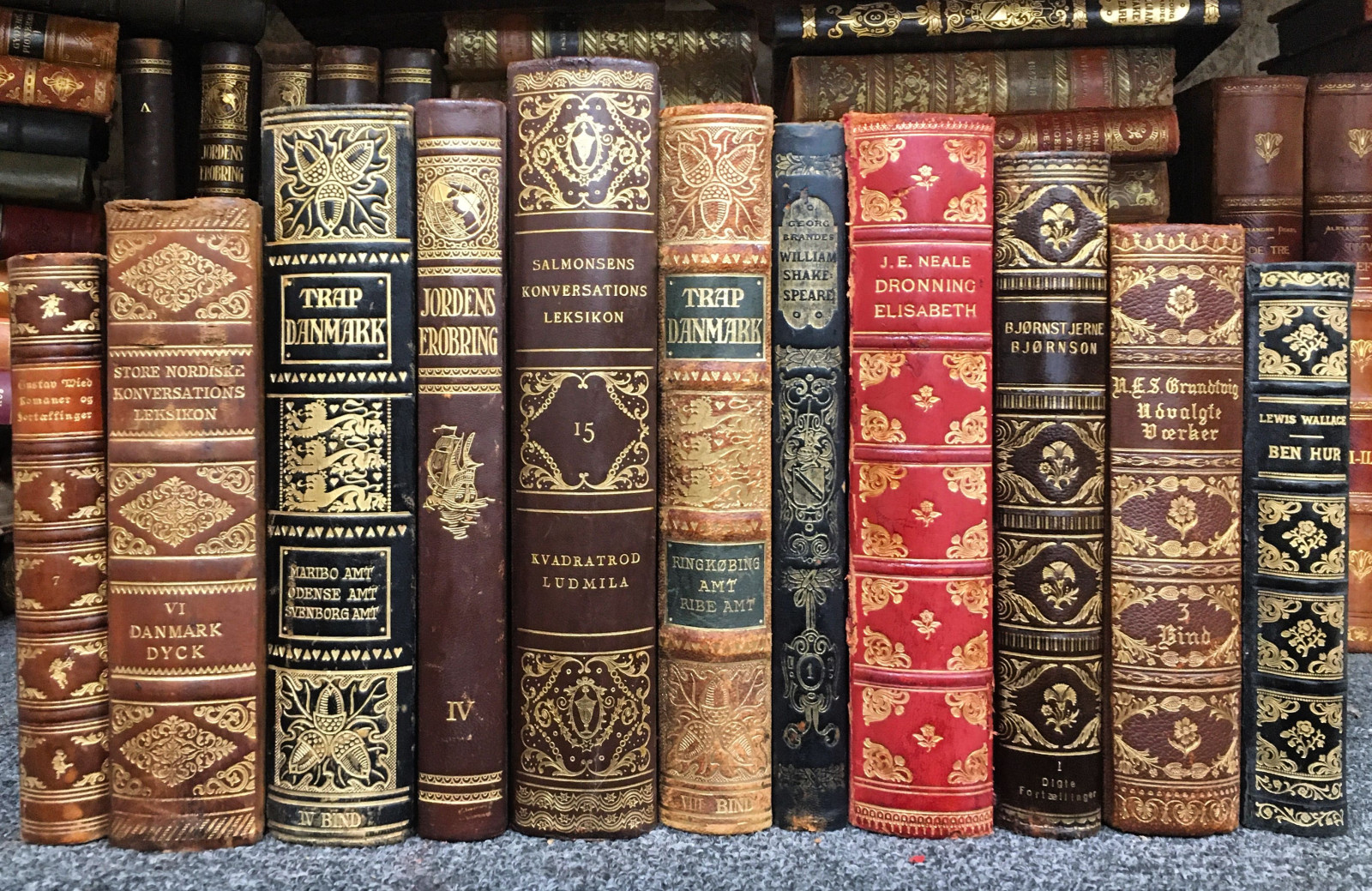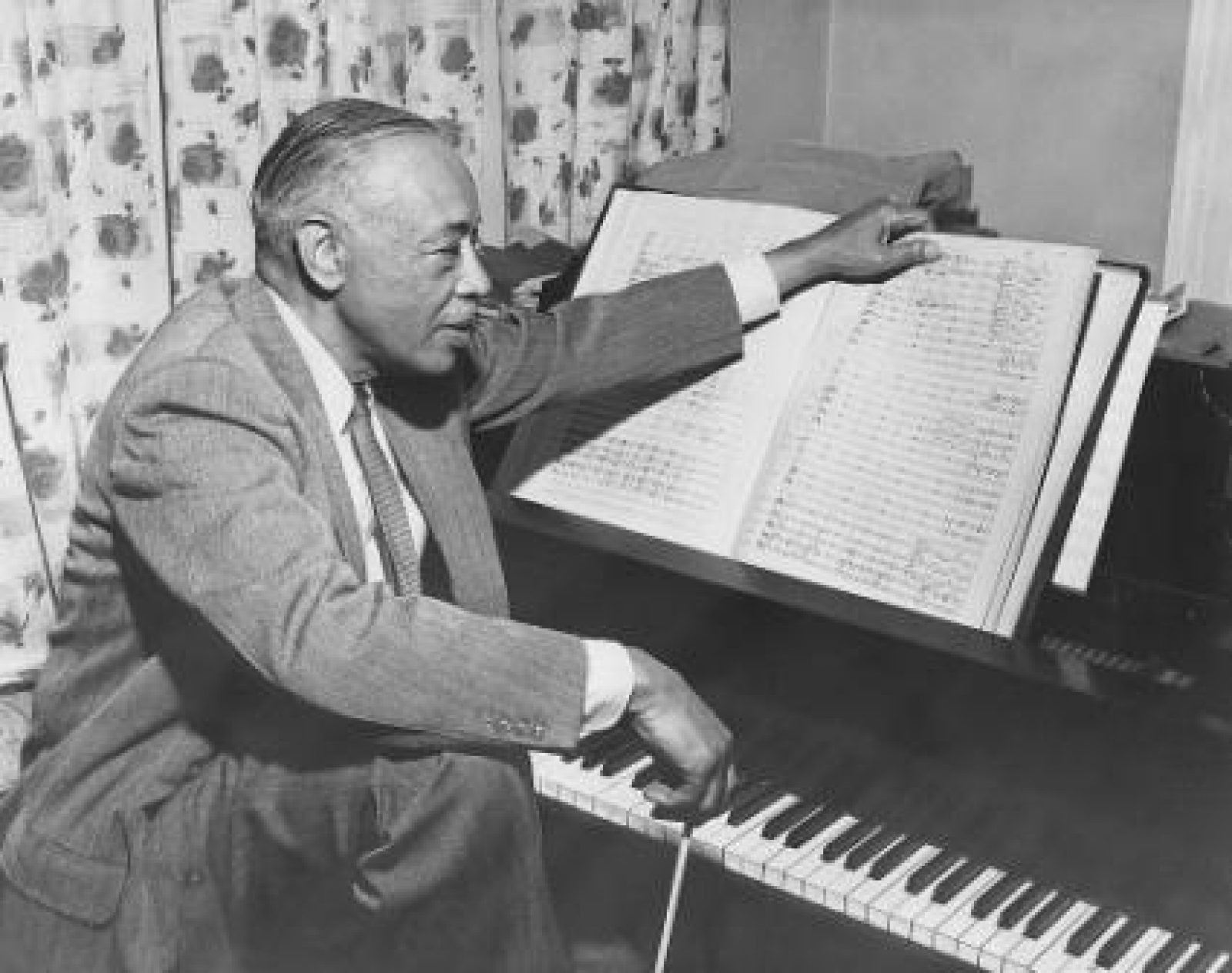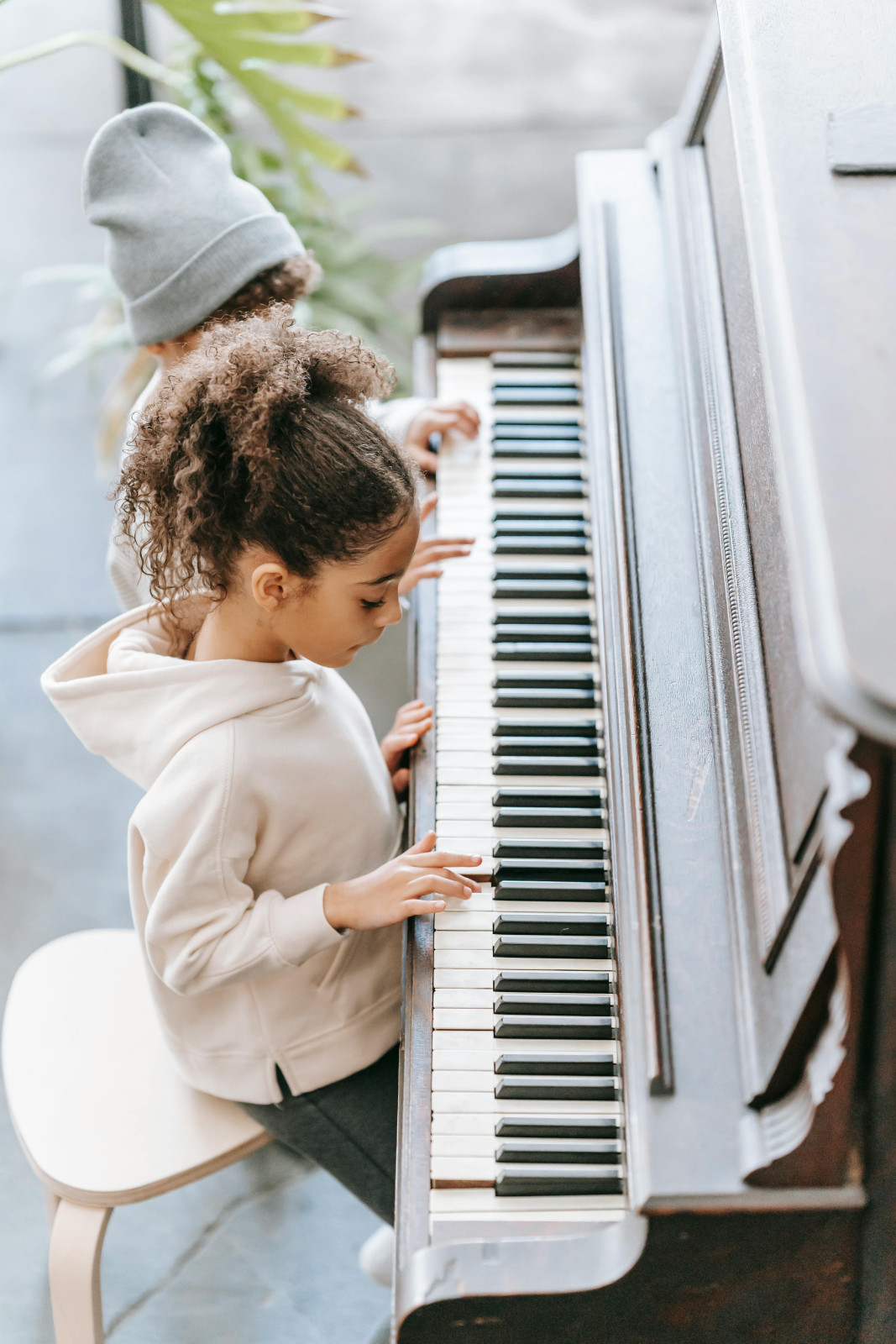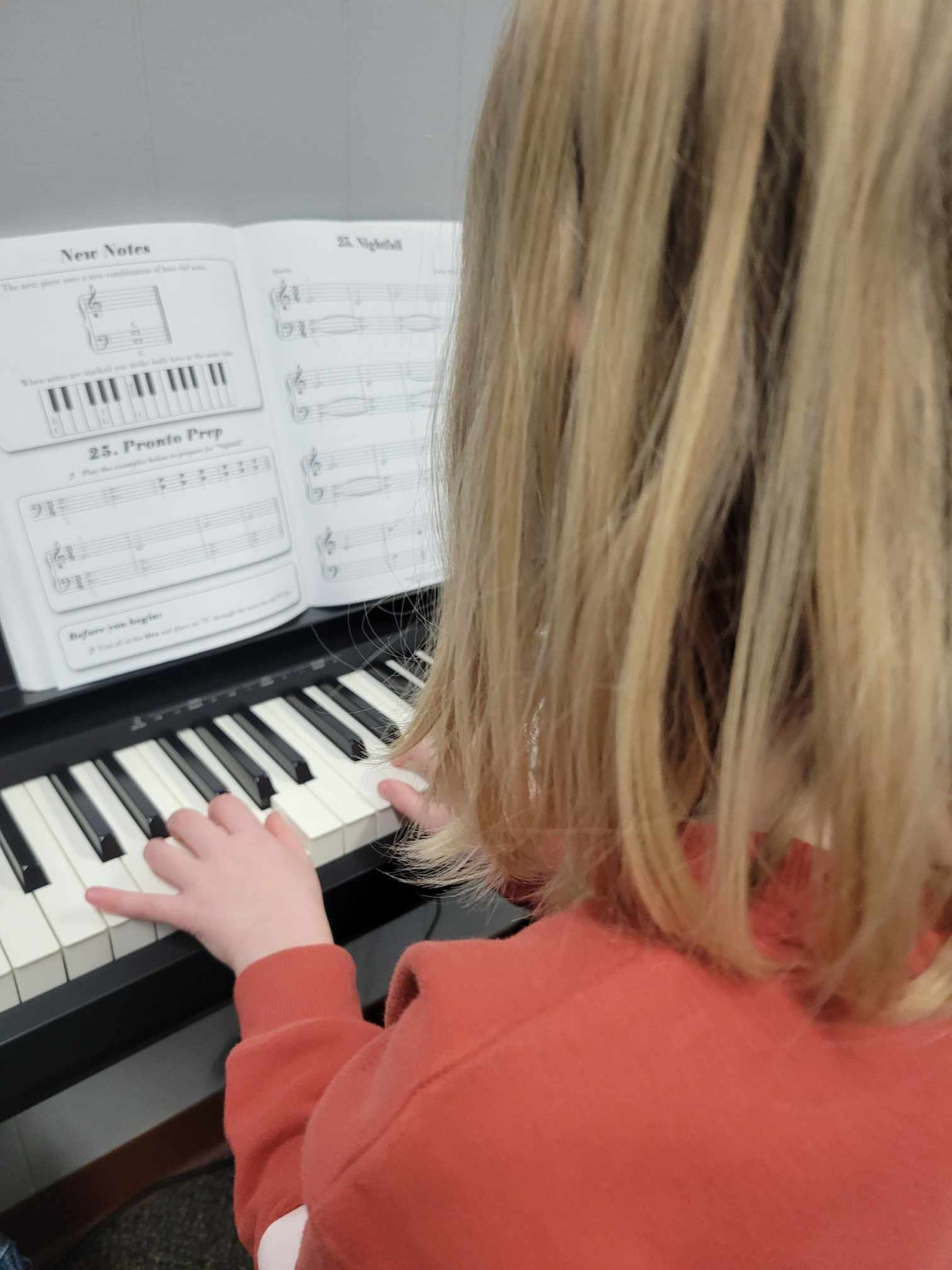
- Cognitive Development: Music's Impact on Learning Music education is integral to classical homeschooling for its role in enhancing cognitive abilities. From improving memory and attention span to sharpening auditory discrimination skills, studying music provides a well-rounded cognitive workout, supporting critical thinking and analytical skills as well as literacy and poetic understanding especially in the early years. Dr. John Feierabend says this is why learning to create music, not just learning about music, is so important especially in ages birth-age 8. Gaining knowledge about music, like memorizing Bach's birth year or mnemonic devices for note names, primarily utilizes one's linguistic intelligence. While this information is certainly useful, it doesn't necessarily lead to a deep understanding of music. True musical intelligence involves the development of neural pathways for musical thinking early in life. This foundational understanding is crucial for later learning to have genuine musical significance. Once our minds establish pathways for understanding, it becomes difficult to alter our perception. Individuals who immerse themselves in music, learning songs and moving artfully to the steady beat, are better positioned to grasp musical notation and instrument playing later. Learning an instrument initially by ear, and then transitioning to reading notation, effectively enhances both skills. On the other hand, those who exclusively learn through notation without prior musical readiness may struggle to develop ear-playing abilities because they learned from a mathematical/linguistic lens first.
- Cultural Literacy: Embracing Musical Traditions Classical homeschooling values cultural literacy and historical understanding. Through exploring a wide variety of musical traditions, students gain insights into different cultures and time periods as well as various life experiences and perspectives. As Charlotte Mason said, "The child should be made familiar with and should be made to appreciate good music." This exposure enriches their educational journey and broadens their horizons.
- Emotional Intelligence: Music as a Tool for Growth Music plays a vital role in developing emotional intelligence within classical homeschooling. By engaging musically, students learn to recognize and manage their emotions. They learn and remember through stories set to music what they may not as easily otherwise. And instrumental music without words has a key role to play as well. As Charlotte Mason believed, "Music is one of the most forcible instruments for refining the feelings." This aspect of education fosters empathy, social-emotional growth, and self-awareness.
- Discipline and Perseverance: Building Habits through Music Learning to play a musical instrument requires discipline and perseverance, values cherished by Charlotte Mason homeschoolers. Through regular practice and overcoming challenges, students develop habits of diligence and self-mastery that extend beyond music into all areas of their lives.
- Creative Expression: Nurturing Individuality through Music In Charlotte Mason classical homeschooling, students are encouraged to express their creativity in learning. Music provides a platform for this expression, allowing students to compose, improvise, and interpret music in unique ways. By embracing their musical instincts, students become active participants in their artistic development.
- Community and Collaboration: Music's Role in Connection Music fosters community and collaboration, whether a child is singing with a group of people, learning turn-taking while playing instruments, or listening as a part of an audience to a collective performance. Students bond over their shared love of music. This sense of camaraderie strengthens relationships and promotes cooperation among peers.
In classical homeschooling, music education plays a pivotal role in enriching the educational experience. From cognitive development to emotional intelligence, music offers practical benefits and meaningful engagement with the world around them both present and past. By integrating music into the curriculum, educators empower students to excel academically and cultivate a lifelong appreciation for the arts. As Charlotte Mason believed, "The musical education of the child should be begun early; that is, the child should have begun to play and sing almost as soon as he can speak." Let us embrace the transformative power of music in classical education, guiding children on a journey of discovery and growth.
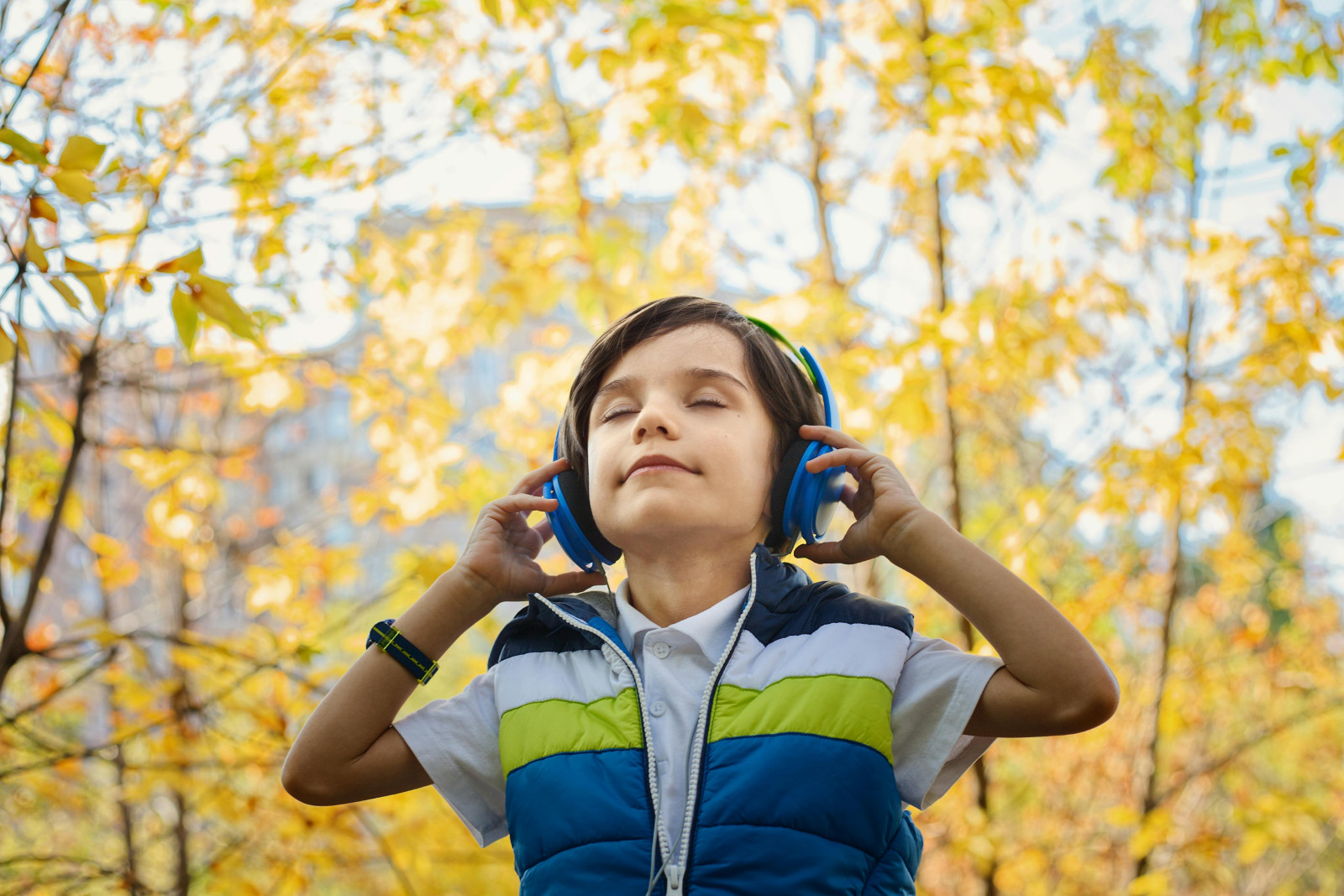
Intrigued by some of the ideas above, but don't know where to begin? Simple systems of how to implement these and much more will be included in the Classical Collective Membership! Sign up here to learn more and for pre-launch sale details.
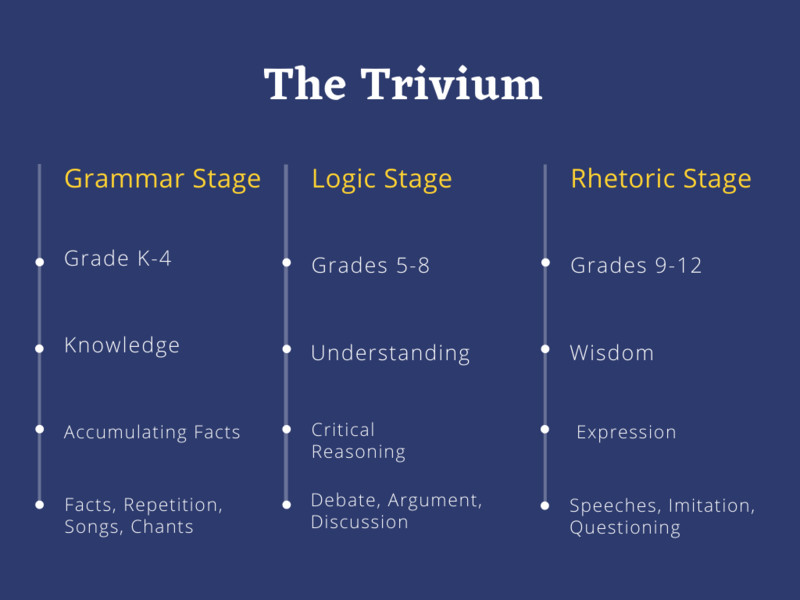
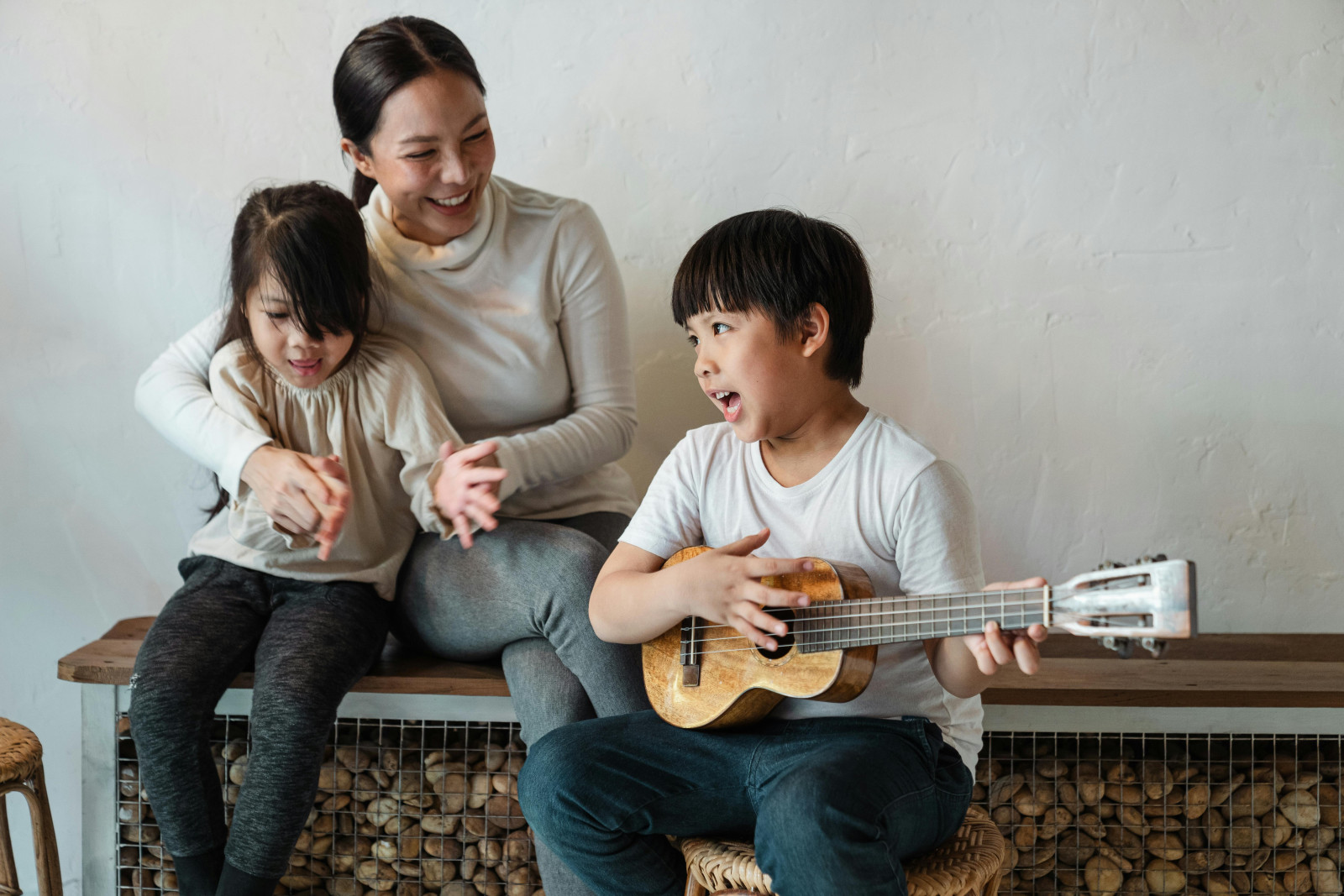
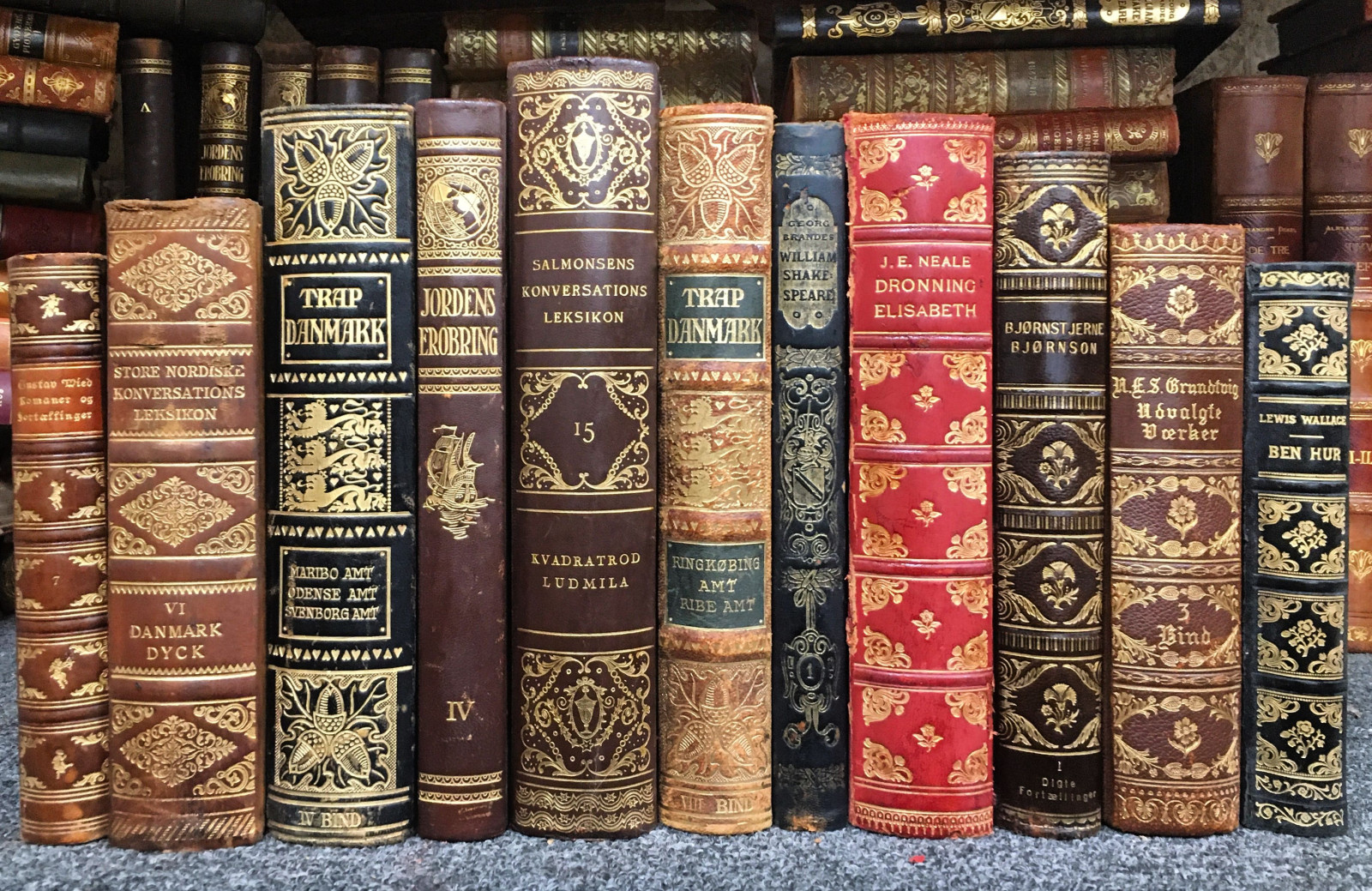
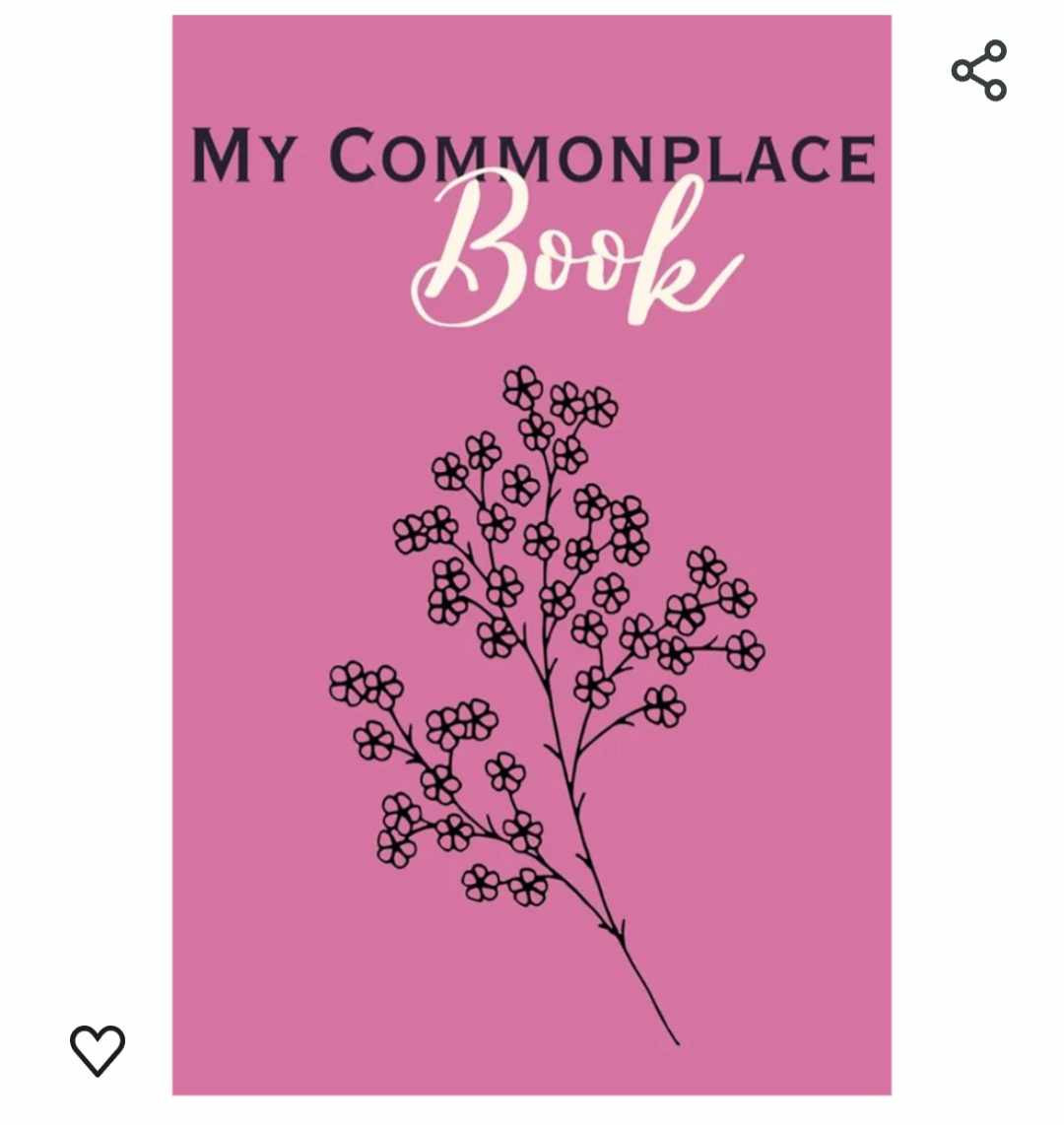
- Cultivating Intellectual Curiosity: A commonplace book inspires children to actively engage with the material they encounter versus being a passive learner. By transcribing passages and quotes that captivate their interest, they delve deeper into subjects, fostering a profound understanding and sparking a thirst for further exploration while also working on handwriting (if you so desire).
- Enhancing Learning and Retention: Studies have shown that the act of writing by hand enhances memory and comprehension. As our children summarize, paraphrase, and synthesize information in their commonplace books, they reinforce their learning and internalize key insights more effectively, seeing connections between different authors, ideas, and concepts.
- Fostering Creativity and Inspiration: Commonplace books serve as a wellspring of inspiration for young writers, artists, and thinkers. By capturing snippets of prose, poetry, and ideas that resonate with them, our children cultivate a reservoir of creativity to draw upon in their own creative pursuits.
- Promoting Reflection and Growth: Regularly revisiting their commonplace books allows our children to reflect on past experiences, insights, and lessons learned. It provides a space for self-discovery and personal growth as they glean new perspectives and wisdom from their collected entries.
- Building a Personal Legacy: Over time, our children's commonplace books become a reflection of their intellectual journey and worldview as they grow and learn. They can serve as a legacy for future generations, offering glimpses into their thoughts, interests, and values.
- Choosing a Format: Whether it's a physical notebook, a digital document, or an online platform, our children can select a format that resonates with their preferences and learning styles. Here are a few I created, but any notebook or artpad will do: Foliage version, floral version, and music version.
- Gathering Materials: Encourage them to collect pens (I love these), pencils, highlighters, and other tools (even stickers!) to personalize their commonplace books and make the process enjoyable -- encourage that creativity!
- Capturing Ideas: As they read, listen, or engage with new material, prompt them to draw or jot down passages, quotes, and insights that speak to them. Emphasize the importance of including the source (title/author and page number) and any relevant context to facilitate future reference should they want to reference it again later.
- Organizing and Reflecting: Guide them in periodically reviewing and organizing their entries, perhaps categorizing them by theme, subject, or relevance if the type of journal or notebook you chose allows for that. Encourage them to reflect on the connections and patterns that emerge, fostering a deeper understanding of their learning and the world around them.
- Sharing and Connecting: Consider facilitating discussions around excerpts from their commonplace books or encouraging them to share their insights with like-minded peers. Commonplace books provide a rich source of conversation and connection, fostering a sense of community and intellectual exploration.
